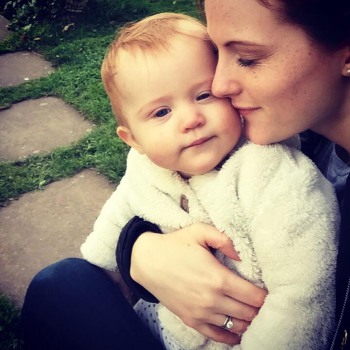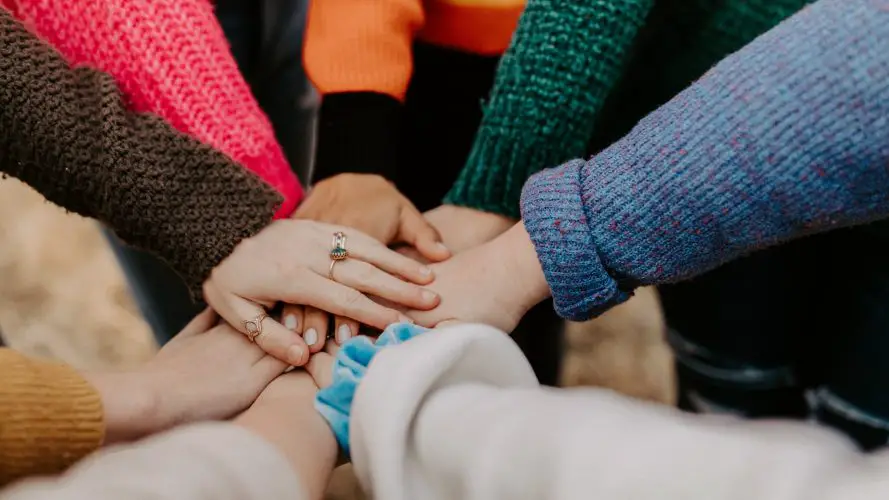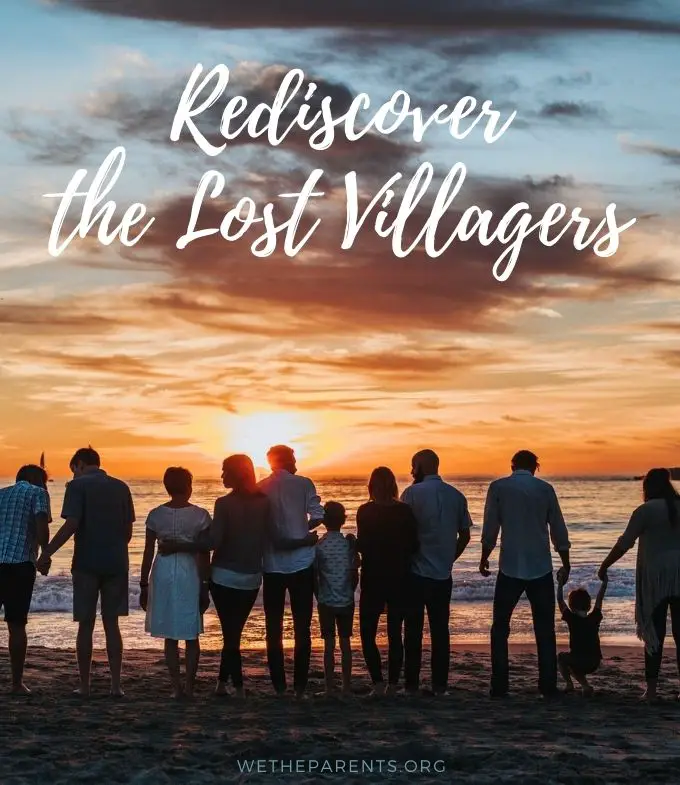Parents are mourning the loss of the ‘village’.
The tiers of family living in close proximity, the natural way that the responsibility of children runs fluidly between families and close friends. Groups of children roaming around the village, while safely watched by the adults they pass.
The village has died, and nothing has sprung up in its place.
Omnipresent cars mean we’re now much more spread out than before. Space around us, and boundaries between us, have become high priorities when looking for somewhere to live.
No one wants a garden overlooked by neighbors, so a detached house trumps a cojoined one. We want physical distance, emotional distance, privacy.
We can no longer give our kids a packed lunch in the morning and send them off on their bikes for the day, nor can we turn them out of the house when we need to clean and tidy.
It’s become the opposite
They sit inside, play computer games and watch TV. From groups of roaming kids, their social lives have evolved into packs of online avatars.
Mothers, in particular, struggling without the village, have become the sole responsible adult throughout the entire day and are left single-handedly trying to replace all that the village once provided.
But the comradery, the practical help, the lifestyle that allowed for families to thrive, cannot be replaced by just one mom.
We’ve been told that, as mothers, our needs should be last on the list. If we’re happy and calm, then we must be doing something wrong as we’re meant to be frantically running around doing the work of a village all by ourselves.
We no longer have the security of unbreakable social bonds, a group of fellow mothers who rise and fall with each other.
We’re wired for this social way of raising kids, yet find ourselves isolated in our homes scrolling through social media looking to fill the void the village left behind.
One woman on her phone is not the same as a team of women who celebrate and commiserate each step of the journey.
The problem is that much of womens’ socializing was once done over the work that still needs to be done today; clothes washing at the river, baking in the communal oven, sewing, and knitting in groups.
Modern living has eliminated the ‘need’ for these communal ways, and we now manage all these things alone in our homes. In order to see others, we arrange social visits which, at times, can feel trivial or selfish as our work piles up at home.
The effortless socializing has gone, and we are now suffering. New moms find themselves parenting without the support of fellow mothers around them to learn from.
Mothers struggling postnatally are left unchecked where they would once have been invited into the group and offered support. Cities are awash with worn-out, tired moms.
But while the village, for most of us, has disappeared, all is not lost. If we swap the word ‘village’, for ‘community’, a new form of motherhood appears from the gloom.
We may not live in small groups anymore, or have implicit trust in those around us. We no more live in times where we can turn our kids over to nature for the day. Accepting this, we can begin to see an alternate route.
Communities can be fostered anywhere, by anyone. We only need to be willing to give and, in our present society of greed, that can be tricky. What’s required is a simple change of mindset.
Social media constantly tells us that our time is worth only money and, at times, it’s becoming harder to disagree.
Yet we mustn’t forget that this advice comes from those who have killed the village we so dearly miss, that tell us we aren’t worthy until we own a shiny car, an immaculately clean house, a front garden filled with flowers, and that we must achieve all this by ourselves while smiling with gleaming teeth.
Though this ‘ideal’ will never serve us, it now seems to have become aspirational. By realizing that true worth lies elsewhere, then we can return to the normality of giving our time and help to others.
Communities can be built around schools, old people’s homes, or support groups. They can be built anywhere that those involved share a common denominator.
And now comes the thorny part…
Changing your mindset
It’s common for mothers to prove to themselves that they’re capable of achieving things on their own, and to believe it’s a kind of failure to occasionally seek help.
Why struggle to that bitter point where we feel like giving up before reaching out for help? What’s the appeal of trying to show you don’t need anyone and can cope with your isolation?
We’re conditioned to believe that a happy mother who sings while washing the dishes is the best kind of mother.
Of course, in reality, there’s no such thing as a ‘perfect’ mother!
Those who defend their previous selves, who can’t cook, who don’t mind the mess, who are always tidying up, who don’t seem to know what they’re doing — are ‘perfect’ in a different way.
We needn’t try to carve out our tribe — a thought that might overwhelm most of us with trepidation! Yet because this sociability and comradery are no longer woven into our society, we’d best step forward and create it for ourselves.
We may not be able to rediscover the village as it was, but we can rediscover its villagers…








